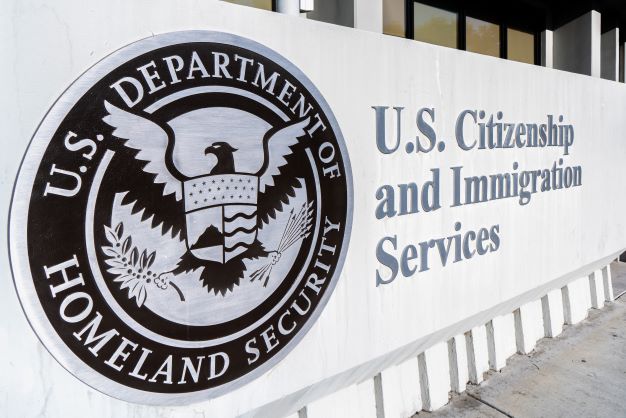
DHS to Propose Permanent Remote Form I-9 Verification Rule
The Department of Homeland Security (DHS) recently announced it plans to issue a proposed rule that would allow employers to verify employee identity and employment eligibility documentation virtually “in certain circumstances or with respect to certain employers” when completing Form I-9 verification requirements.
Virtual verification may reduce burdens on employers and employees while maintaining the integrity of the Form I-9 verification process, according to the department’s announcement. Such remote verification would allow employers to centralize their Form I-9 verification process, thereby potentially reducing costs and helping to ensure compliance by permitting experienced staff to perform virtual examinations of documents. It would also enable employers to verify employees’ identity and employability in situations where in-person verification is burdensome or not practical.
What Will the Proposed Form I-9 Rule Address?
Federal law requires employers to physically examine documents that confirm an employee’s identity and employment eligibility documentation to determine if it reasonably appears genuine and relates to the employee presenting it. On March 19, 2020, in response to the COVID-19 pandemic, the DHS allowed an exemption, permitting employers operating remotely to conduct virtual verification of an employee’s approved Form I-9 documents. Qualifying employers could review an employee’s identity and employment eligibility documentation over videoconference, fax, or email. This remote verification exemption is set to expire on Oct. 31, 2022.
While the details are still unknown, the department’s proposed rule could provide an alternative to the in-person verification procedure similar to the process temporarily in place due to the COVID-19 pandemic.
Last fall, the DHS issued a request for public comment on alternatives to physical document examination for Form I-9 verification. Many employers endorse virtual Form I-9 verification, believing it is more efficient and cost-effective, and are requesting improved remote examination options. Additionally, the pandemic forced many employers to transition to remote work environments. Remote work arrangements have grown in popularity among employees and are now becoming the new norm. Thus, remote verification would be beneficial for these employers and employees.
What’s Next?
The DHS’s proposal is currently being reviewed by the Office of Information and Regulatory Affairs, the final step before publishing a proposed rule in the Federal Register. Once the DHS publishes a proposed rule in the Federal Register, there will be time designated for public comment. Subsequently, the department will review comments and determine whether to
move forward with a final rule.
Employers operating remotely will be able to continue conducting remote verifications until the end of October. However, employers will want to follow the DHS’s rule-making process closely.
